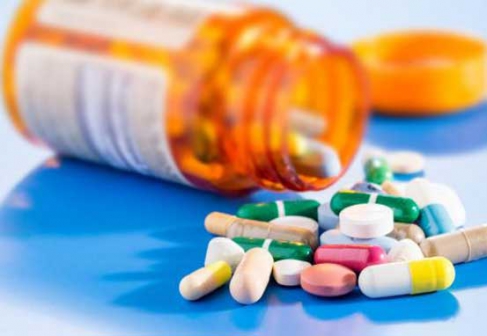×
The Standard e-Paper
Home To Bold Columnists

NAIROBI, KENYA: Neal O’Leary’s accomplishments could easily fill several pages. He started out as a solicitor in one of Ireland’s premier law firms, went on to become a senior executive at the London Stock Exchange and then an investment banker at UBS, where he was responsible for executing several large deals.
Neal chairs and controls interests in several companies, including Geneva Holdings, Topaz, Arc Connected Health, Sammon Contracting, Sportdec and Noster, with property and mining interests around the world.